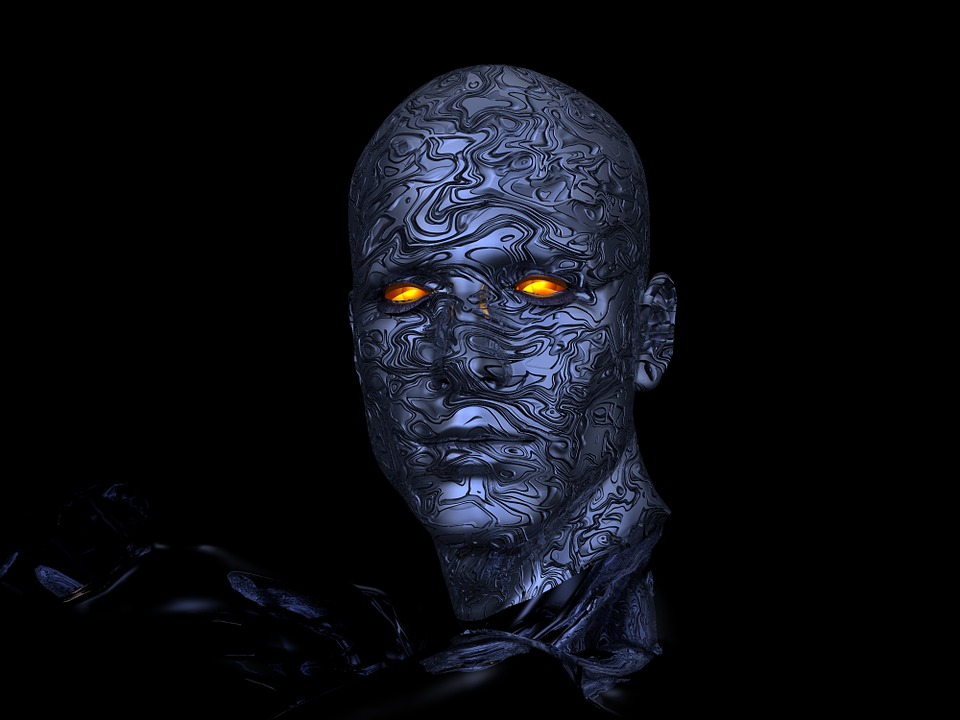Technology is moving faster than our ability to understand it, and there is no consensus on what is ethical. It isn’t just the lawmakers who are not well-informed, the originators of the technologies themselves don’t understand the full ramifications of what they are creating. They may take strong positions today based on their emotions and financial interests, but as they learn more, they too will change their views.
Source: As Technology Barrels Ahead—Will Ethics Get Left in the Dust? – Singularity HUB


